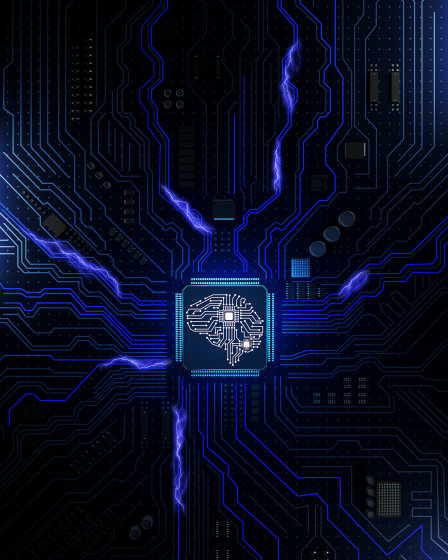AI will be developed to find out from existing medicines that are effective for other diseases

When developing a new drug, it takes a long time because it is necessary to carry out experiments that span multiple stages of cell experiments, animal experiments, and clinical trials, and have the authorities approve the safety and efficacy. For this reason, it may be possible to save time by diverting a drug that has already been shown to be effective and safe for one disease to another, but it still requires time-consuming clinical trials. To reduce the human resources and time involved in such drug diversion, researchers have devised a way to let artificial intelligence (AI) algorithms trained with large amounts of data infer drug candidates and their effects.
A deep learning framework for drug repurposing via emulating clinical trials on real-world patient data | Nature Machine Intelligence
Using artificial intelligence to find new uses for existing medications
https://techxplore.com/news/2021-01-artificial-intelligence-medications.html
Drug repositioning is the use of drugs that have already been shown to be effective for one disease and are being used to treat another disease. Drug repositioning is not a new concept, as represented by the fact that Botox, which was used to treat strabismus, is now used in the field of cosmetic surgery, and antiparasitic drugs are new coronavirus infections (COVID-19). For example, it is considered to be a promising drug for the treatment of.
Since drug repositioning uses drugs that have already been approved for human safety, it has the advantage of shortening the time until it is approved as a therapeutic drug compared to the development of new drugs. However, it is a time-consuming and talented task that still needs to be proven to be effective against the disease through randomized clinical trials.

Ohio State University researchers use large patient datasets and artificial intelligence (AI) to infer 'promising drug repositioning candidates' and 'effects' to solve this problem. I have developed a work. The study examined 'drug repositioning for patients with arterial disease to prevent heart failure and stroke,' but the framework itself seems to work for drug repositioning for many other illnesses.
According to researcher Ping Zhang, the study is the first to use deep learning algorithms to process real-world data, control multiple confounders, and emulate clinical trials. ..
The data used for computing is collected from millions of patients in the real world, such as electronic medical records, insurance claims, and prescriptions. 'There are many confounders in real-world data, so we need to use deep learning algorithms that can handle multiple parameters.' 'Hundreds to thousands of confounders cannot be handled by humans.' Hmm. You need AI to solve the problem, 'Zhang said.

Related Posts:
in Science, Posted by darkhorse_log







